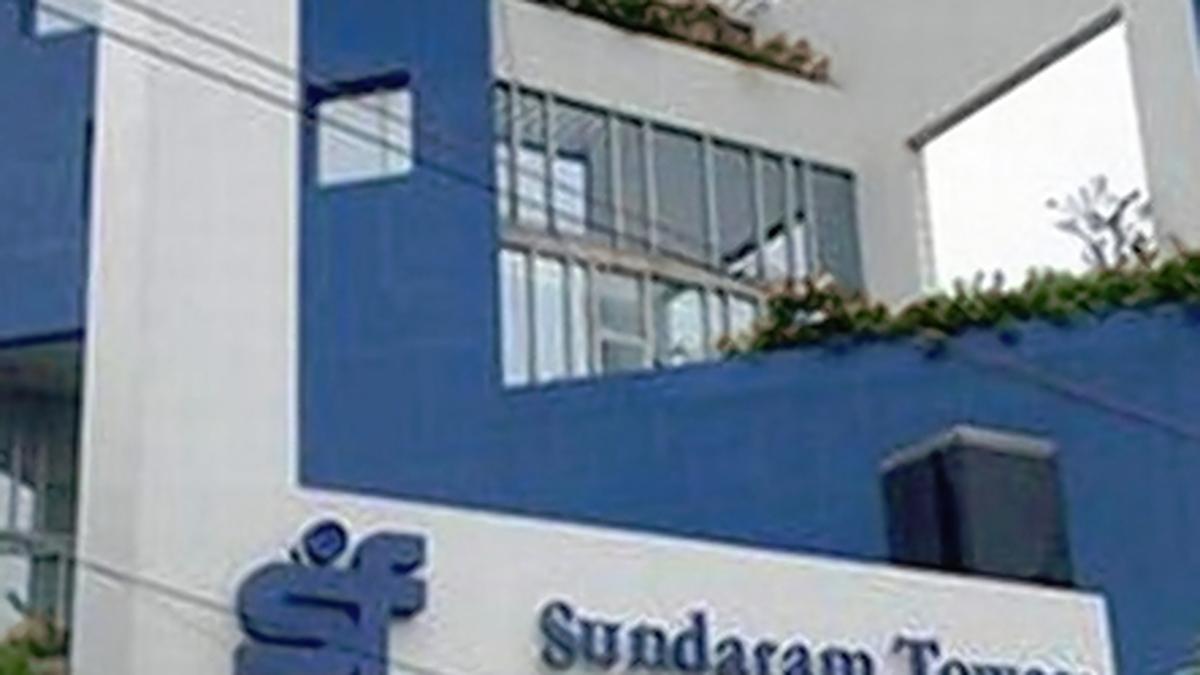Financial Watchdogs Face Cultural Overhaul as Self-Regulatory Organisations Emerge

The South African financial landscape is undergoing a significant shift with the rise of Self-Regulatory Organisations (SROs). While the concept promises enhanced oversight and industry accountability, it also presents a unique challenge: a necessary cultural transformation for traditional finance lobby groups. These groups, historically focused on advocating for the interests of their members, must now embrace a role that prioritizes consumer protection and market integrity.
The move towards SROs isn't merely an administrative change; it demands a fundamental shift in mindset. Finance lobby groups, often perceived as representing the industry's perspective, need to evolve into impartial bodies capable of enforcing rules and investigating misconduct. This requires transparency, independence, and a willingness to hold members accountable, even when it’s unpopular.
The Coordination Challenge: A Multi-Regulator Landscape
A key concern arises when considering the potential for other financial sector regulators to adopt the SRO model. The prospect of multiple SROs operating within the same ecosystem raises complex questions about coordination, particularly when dealing with large, diversified financial conglomerates. How will these SROs collaborate to ensure consistent oversight and avoid regulatory gaps or overlaps?
Imagine a financial conglomerate operating across banking, insurance, and investment services. Each sector could potentially have its own SRO. Without clear coordination mechanisms, this could lead to conflicting regulations, inconsistent enforcement, and ultimately, confusion for both businesses and consumers.
Building Bridges: Towards Effective Collaboration
Successfully navigating this multi-regulator landscape requires proactive collaboration and a commitment to shared goals. Several strategies can be employed:
- Formal Coordination Frameworks: Establishing formal agreements between SROs and regulators, outlining areas of collaboration, information sharing protocols, and dispute resolution mechanisms.
- Joint Committees: Creating joint committees comprised of representatives from different SROs and regulators to address cross-sectoral issues and ensure regulatory alignment.
- Information Sharing Platforms: Developing secure platforms for sharing data and intelligence related to financial conglomerates, enabling SROs to identify and address potential risks more effectively.
- Harmonized Regulatory Standards: Working towards harmonizing regulatory standards across different sectors, reducing the potential for conflicting requirements and simplifying compliance for financial conglomerates.
The Path Forward: Embracing Change and Collaboration
The transition to SROs represents a pivotal moment for the South African financial sector. While challenges undoubtedly exist, the potential benefits – enhanced consumer protection, improved market integrity, and greater industry accountability – are significant. Finance lobby groups must embrace this cultural shift, prioritizing the broader public interest over narrow industry concerns. Furthermore, a collaborative approach between regulators and SROs is essential to ensure effective oversight and a stable, well-functioning financial system. The future of financial regulation in South Africa hinges on the ability of all stakeholders to adapt, collaborate, and prioritize the long-term health of the industry and the protection of its consumers.
Ultimately, the success of this new model will depend on a commitment to transparency, accountability, and a willingness to work together to build a more robust and resilient financial system for all South Africans.






